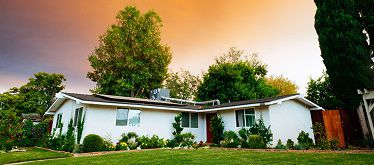Financing a home build works a little differently from financing the purchase of an existing house and property. You have several options.
Firstly, while you can indeed finance your home build with a construction mortgage, you might require a larger down payment of 25% to 30% depending on your lender. You’ll also likely need to own the land outright before getting a loan to build your home.
It’s important to understand that construction mortgages come with additional fees, and the money is often released gradually as you meet and pass inspection for certain building stages.
Another option is to finance your build through a combination of credit cards, unsecured and/or home equity credit lines. While paying for building supplies is easy with a credit card, carrying that balance could become expensive.
And a third option is to build your own custom house with financing through a readvanceable mortgage, such as the Manulife One mortgage. However, to qualify for Manulife One, you must own the land you’re building on.
Putting a Manulife One mortgage on your existing property is a great way to leverage your existing equity to buy land and build on it before you sell your current house. This scenario could also give you the option to keep both houses, and you could make either of the homes as a rental or recreational property.
Additionally, your home building budget should include funds for providing contractor deposits of anywhere from 15% to 30% prior to work even beginning on your home.
Carrying out careful research on all home building costs in your area including labor, contractor rates, building supplies, equipment, utility connections, and fees and permits before committing to building a home makes good financial sense. Talk to a local advisor today about whether Manulife One could be the right financing option to help make your homebuilding dreams a reality.


